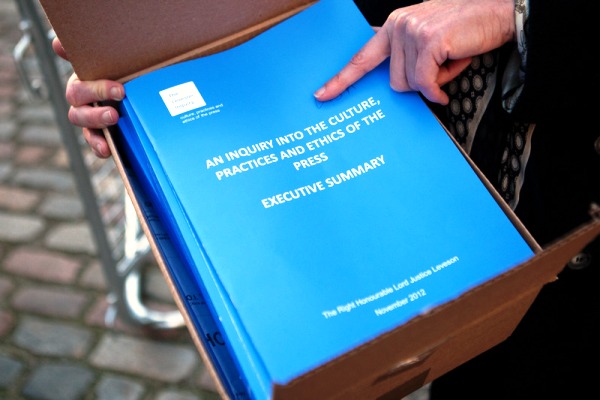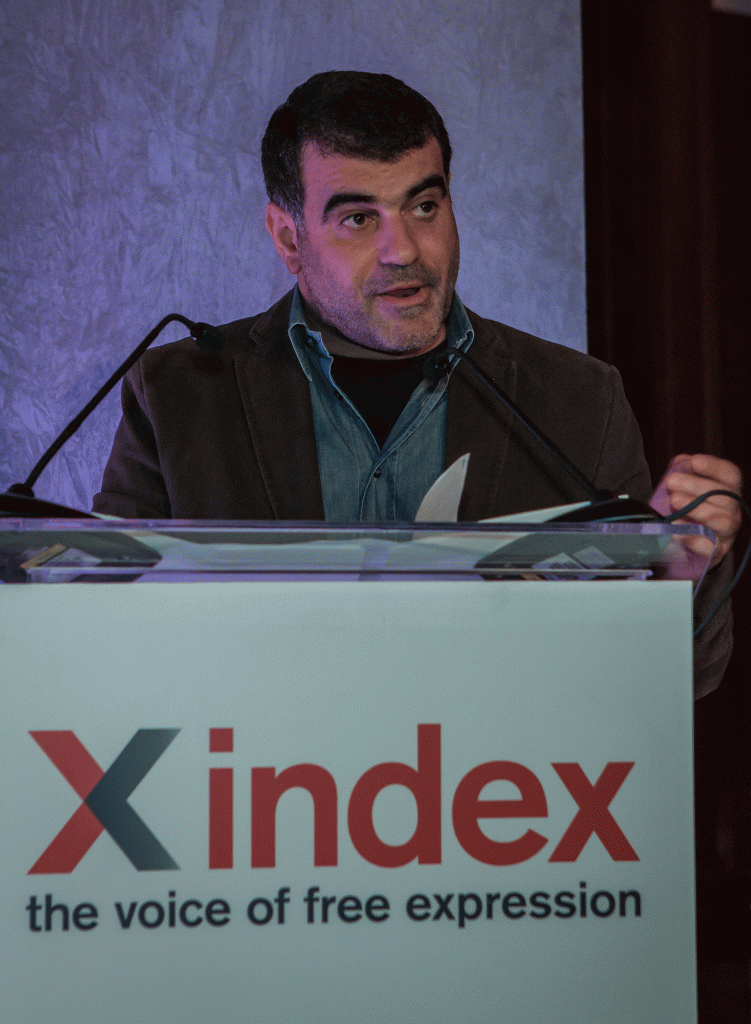Blog regulation: not waving, but drowning
The Department of Culture Media and Sport this week held a “mini-consultation” with the aim of soothing fears that bloggers may find themselves caught in the net of the proposed post-Leveson press regulator.
The fears stem from the initial drafting of the scope of the new regulator, which suggested that any “relevant publisher” of “news-related” material would be expected to join the regulator, and could face the “stick” of exemplary damages if they did not have a “reasonable” excuse for not being part of the regulatory system. These definitions applies to vast swathes of the web, as well as the traditional newspaper industry.
For many, the realisation dawned that the new regulator would not simply cover the “bad guys” of the Murdoch papers and the Mail; rather, in an age when anyone can be a journalist, so too can anyone with an online presence be regarded as a publisher of “news-related material”.
The task of defining who’s in and who’s out was brought into focus when leading site Mumsnet asked the DCMS whether it would be seen as a relevant publisher of news-related material. “We don’t know”, came the reply, reflecting the ill-thought nature of the whole process. Shortly afterwards, Mumsnet were told they would “probably not” be covered, but that ultimately, it would be for the courts to decide.
The DCMS then set out to develop a list of who would not be covered: Wine magazine Decanter was mentioned as not being a news publisher. This, frankly, is an insult to Decanter, which publishes wine news for people who are interested in wine.
Then we were told individual bloggers would not be covered, but that blogs that had multiple writers, or an editorial process, might. So that’s group blogs regulated, while, for example, the extremely influential and widely-read Jack of Kent blog, run by a single person, lawyer and journalist David Allen Green, is not.
“Small-scale” blogs are now, we are told, to be protected, but how does one define this? On what scale do we measure “small”?
Confusing? Yes. Because the whole thing is confused. The entire proposal is flawed, which is why Index had no wish to take part in this week’s consultation: we believe the whole situation to be irretrievable. The principal Index has consistently held — that only non-statute based regulation can guarantee a free press — has only been reinforced by the current fiasco.
Politicians and campaigners are desperately trying to keep this ill-conceived “press reform” momentum afloat, having seen it dragged out to sea on a self-generated wave of something-must-be-donery. These blogger consultations — the latest attempts to make sense of a nonsensical law — are the actions of a government, and a movement, not waving but drowning.
Padraig Reidy is senior writer at Index on Censorship. @mePadraigReidy


